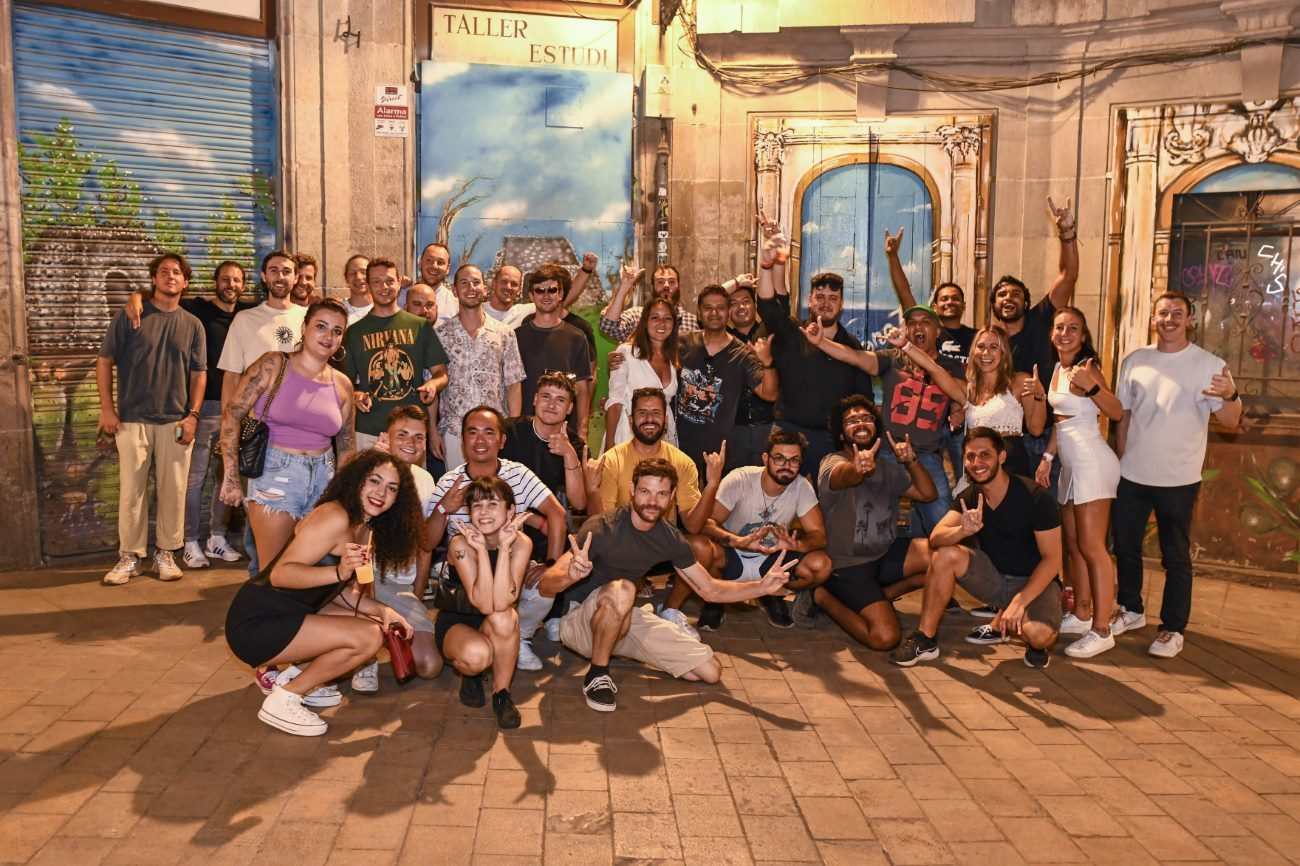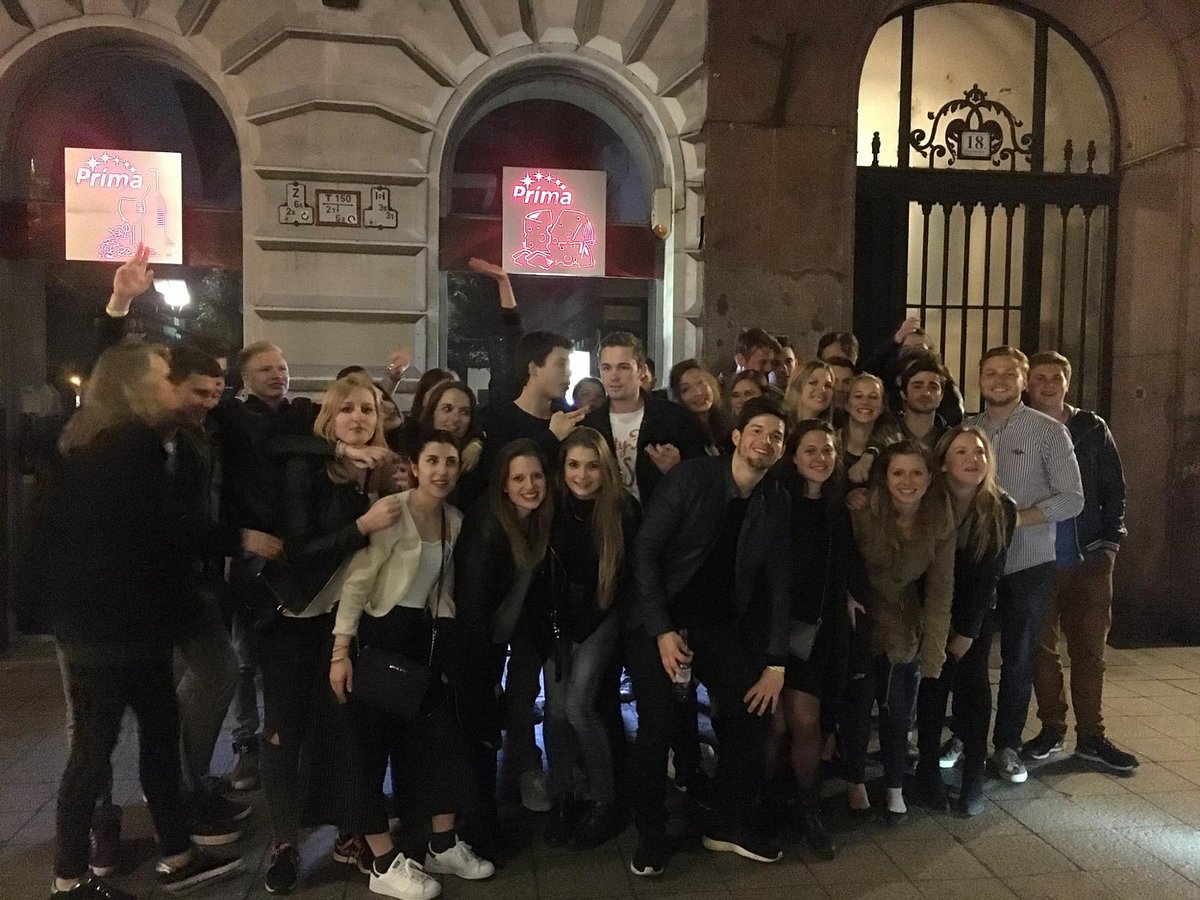While famed for its beautiful canals, buzzing cultural flashy, and classic architecture Amsterdam is also rich in history with some key events that gave it the look and feel that it has today. In this box we explore some of the most remarkable historical moments in Amsterdam in time.
1. Foundation of Amsterdam
We begin at the very beginning. The city of Amsterdam was founded officially in the 13th century. In 1275, when the Amstel River was inhabited by residents who were also fisherman, they built a dam in front of the IJ River, to prevent in from flooding their homes. This dam enabled the formation of the city we have grown up in and gave the city its name, taken from the word ‘Amstel dam’. As a strategic place of location a city is turned out to be centre for trade and commerce.
2. Dutch Golden Age
Amsterdam was a bustling city of great wealth during the Dutch Golden Age, the 17th century. It became the centre of the city as the city changed from becoming a vital trade, arts and science centre. During this time numerous influential artists emerged in the art form such as Rembrandt van Rijn and Johannes Vermeer to name a few which contributed to the growing art scene.
The world’s financial and trading capital and other areas blossomed in Amsterdam. This was accomplished, in part, during the achievement of the Dutch East India Company (VOC), which was established in 1602 and made Amsterdam the center of global trade. Today, too, the wealth accumulated during these times can still be observed in the city’s magnificent canal houses and its great art collections.
3. Anne Frank House and World War II
Amsterdam was occupied by the Nazis during World War II. It was especially terrifying because the Jewish community was being oppressed. While Jewish girl Anne Frank and her family were in hiding in the secret annex of a canal house on Prinsengracht. An internationally renowned symbol of hope, her diary describes her experiences.
Today Anne Frank House is a powerful museum showing what happened to Anne Frank and people who died in the Holocaust. Its a reminder to show tolerance and a stand against discrimination.
4. Legalization of Same Sex Marriage
Amsterdam is a known progressive and inclusive city. In 2001, the Netherlands was the first country in the world to legalize same sex marriage. Not only did this landmark event put pressure on Amsterdam to venture into being a destination for LGBTQ+ rights and acceptance, but it also brought growing attention to Amsterdam as a destination itself.
5. Modern Amsterdam
With the help of modern technology, Amsterdam has kept itself as famous as a global city for innovation, creativity and the amazing lifestyle. It is diverse, and multiculturalism is its thing.
Various of the city’s annual festivals include King’s Day, Pride Amsterdam, and the Holland Festival and the city managed to make them all close and welcoming, attracting visitors all over the word.
Conclusion
Much of Amsterdam’s development is attributable to historical events that took place there. The city has a great story to tell, from humble beginnings as a fishing village, to prosperous trading and cultural capital and commitment to progressive values.
Through the historical sites and museums of Amsterdam you can take a walk back in time and gain a better perspective as to how the amazing city has come to be. Use the time you have to explore Amsterdam’s cultural heritage, and use the past to make present.





